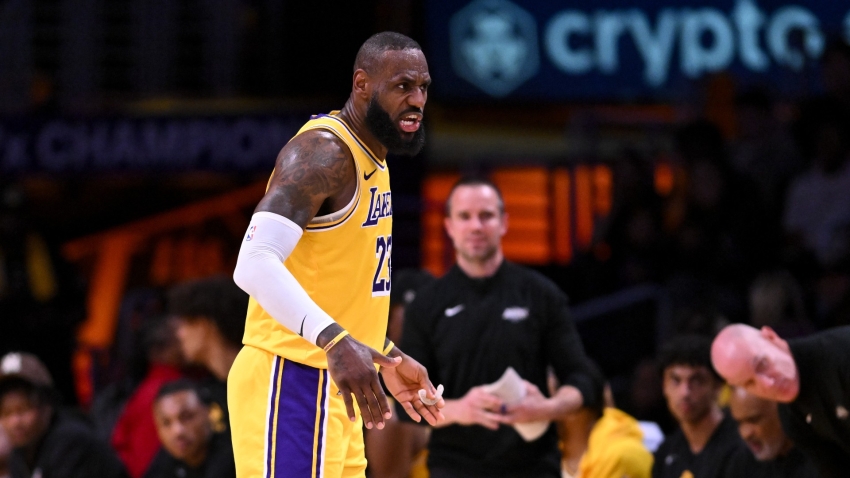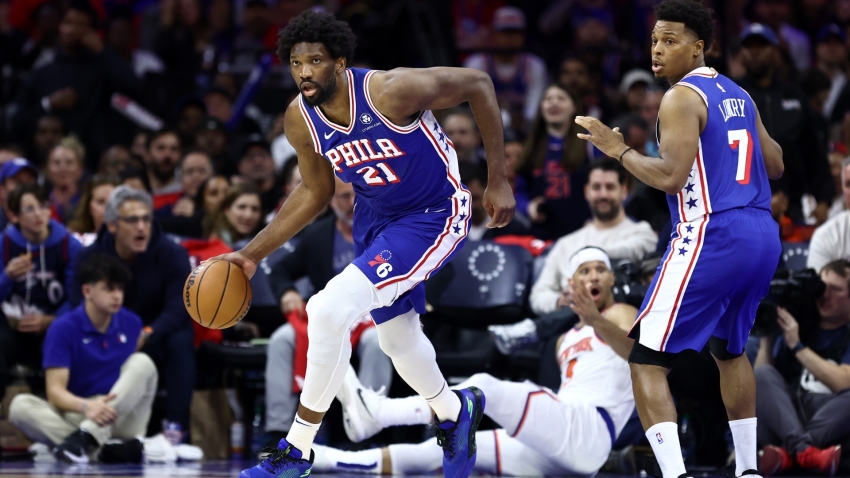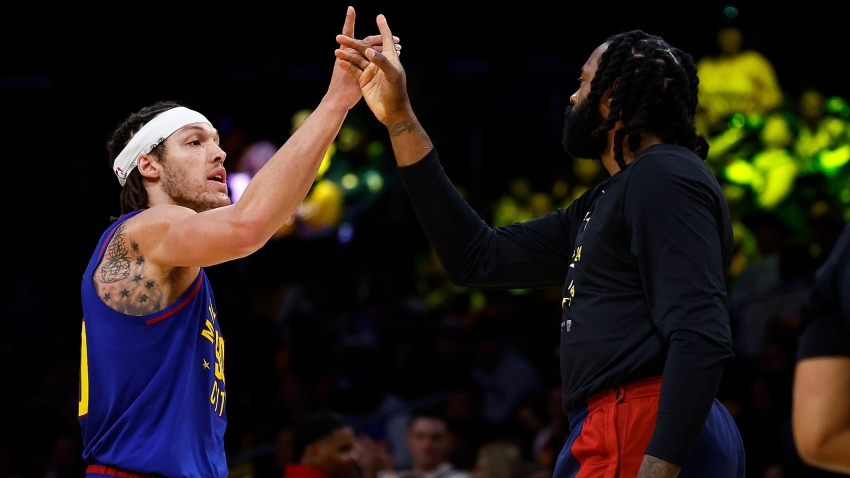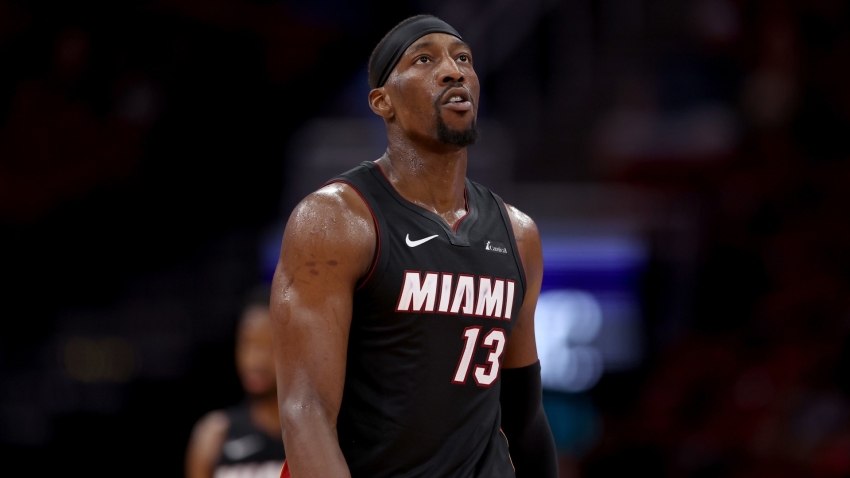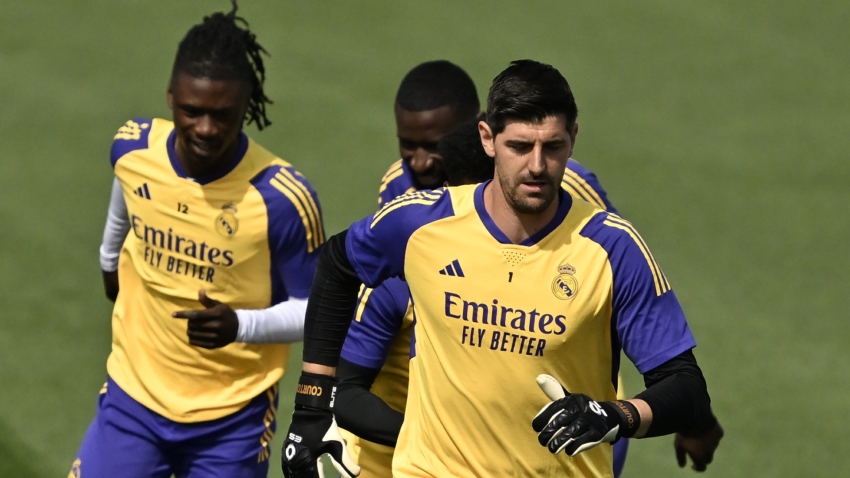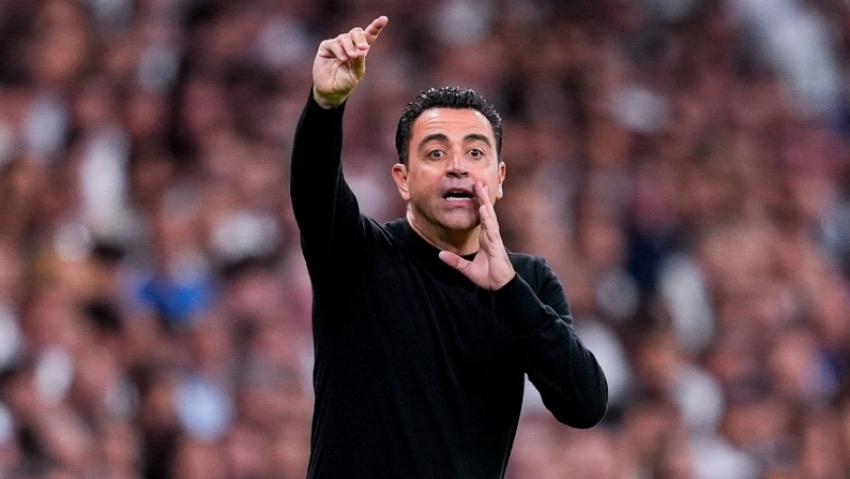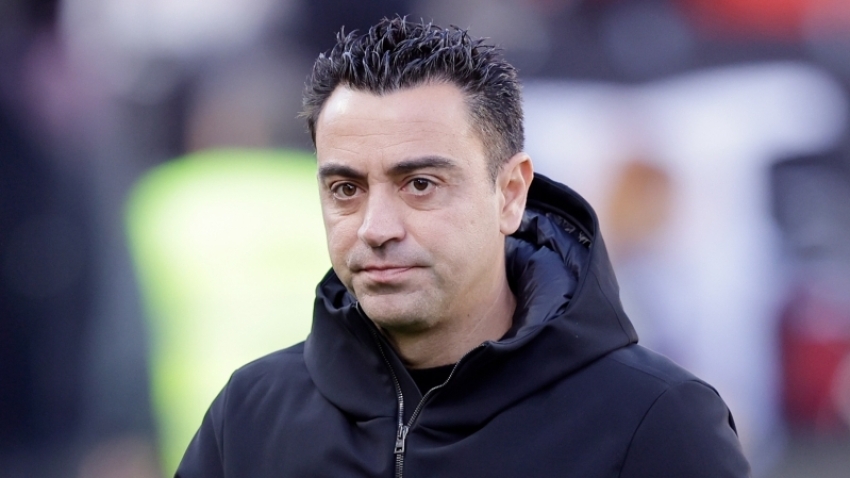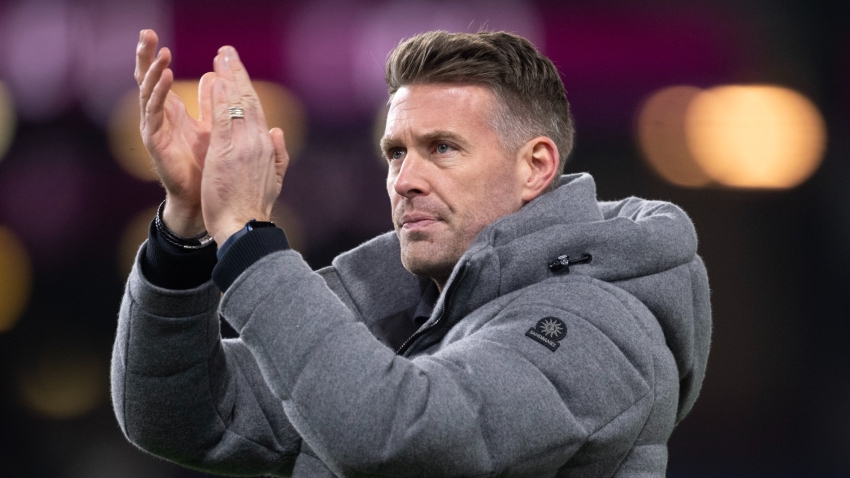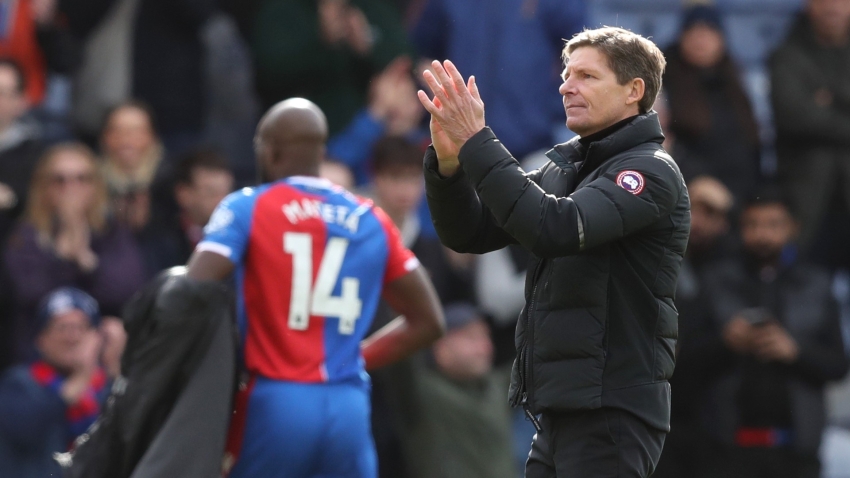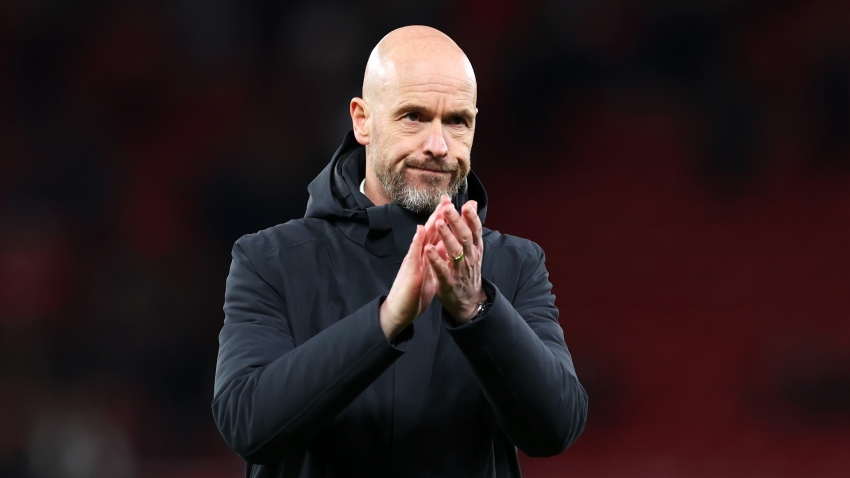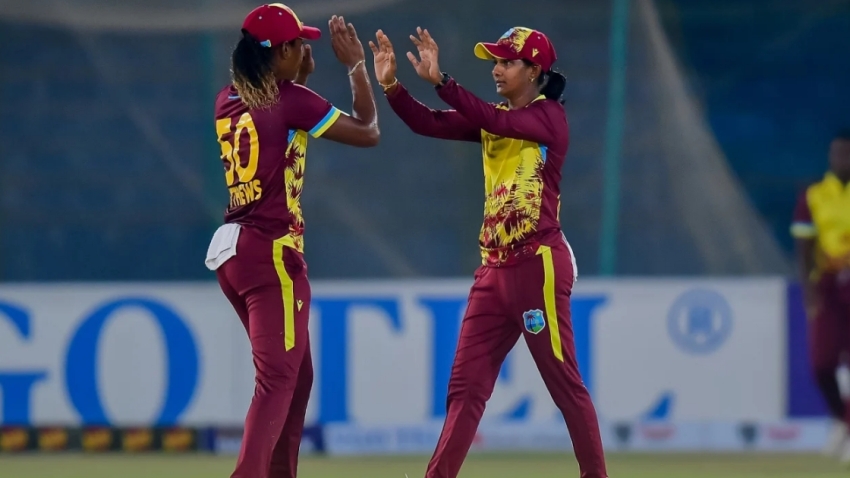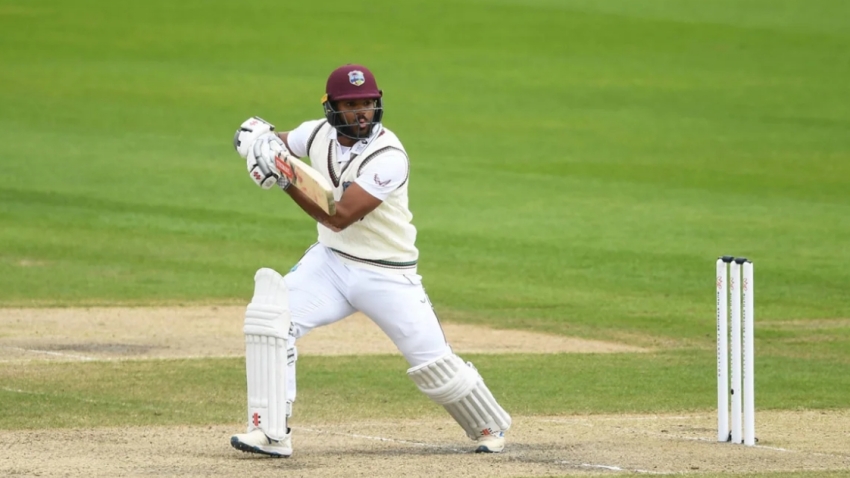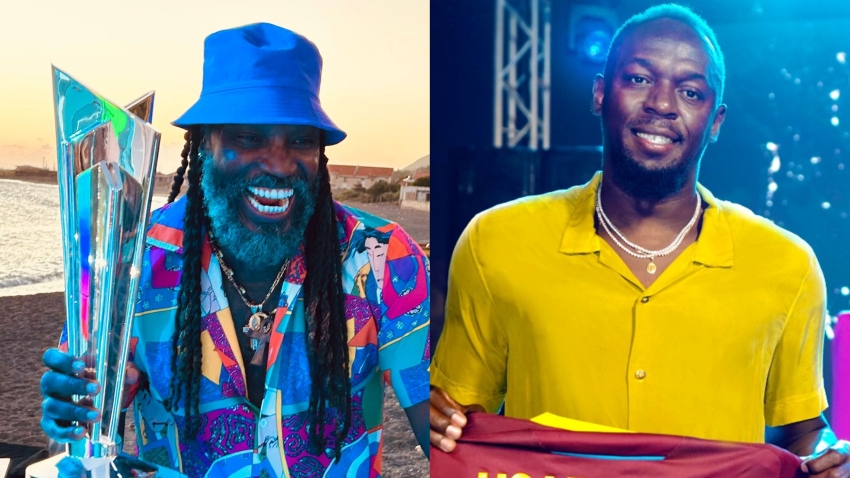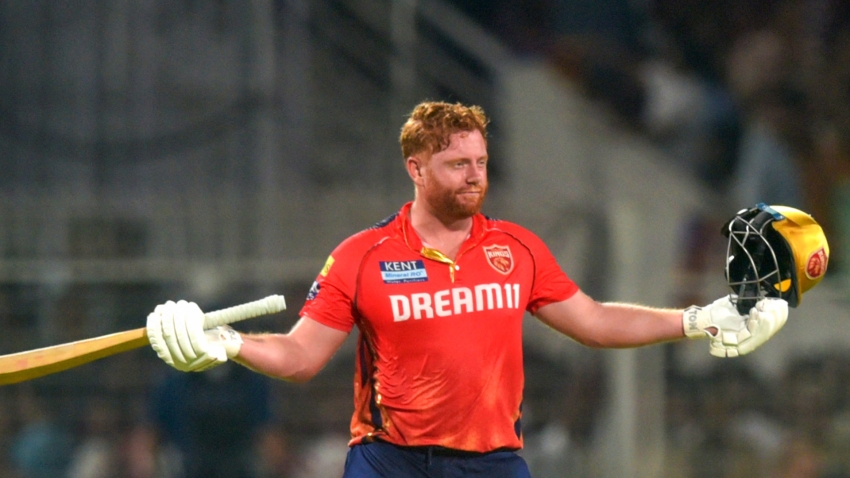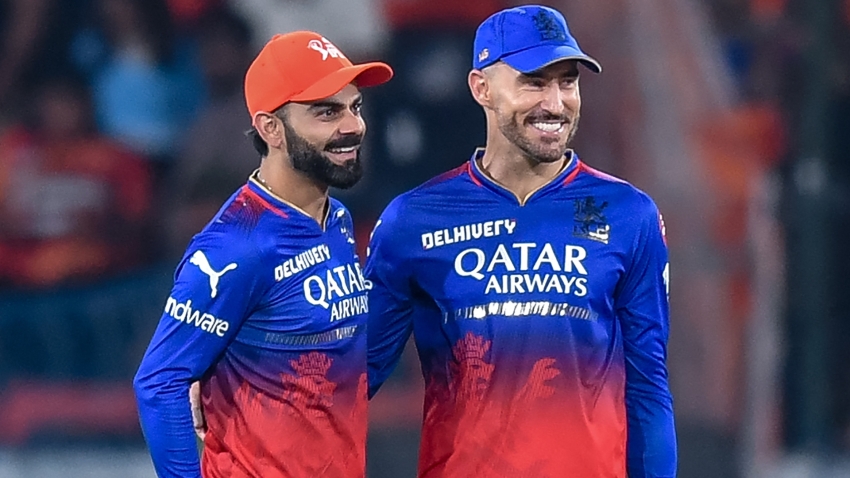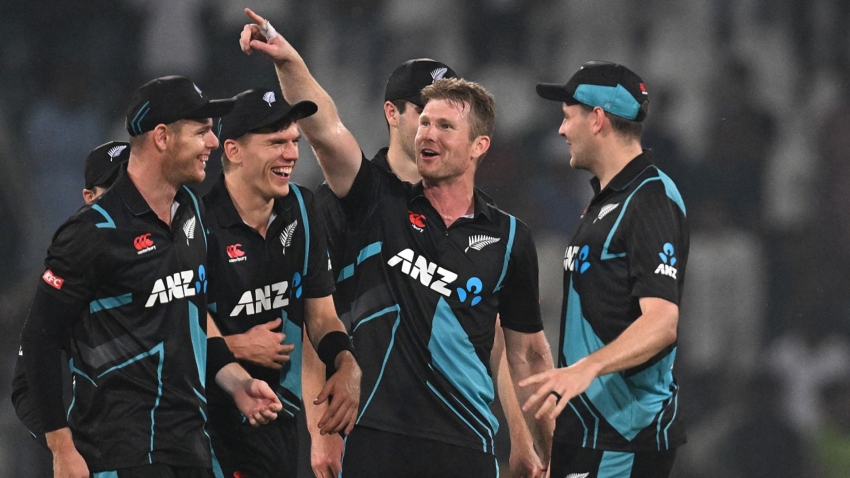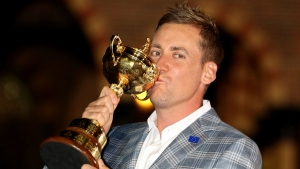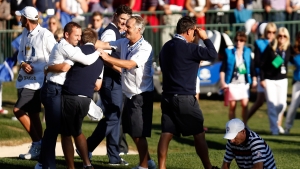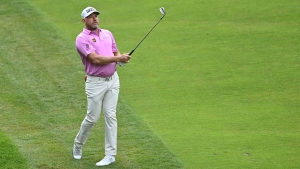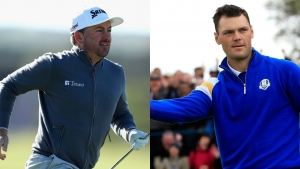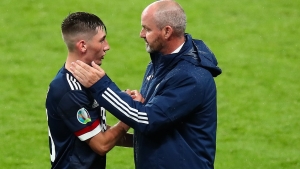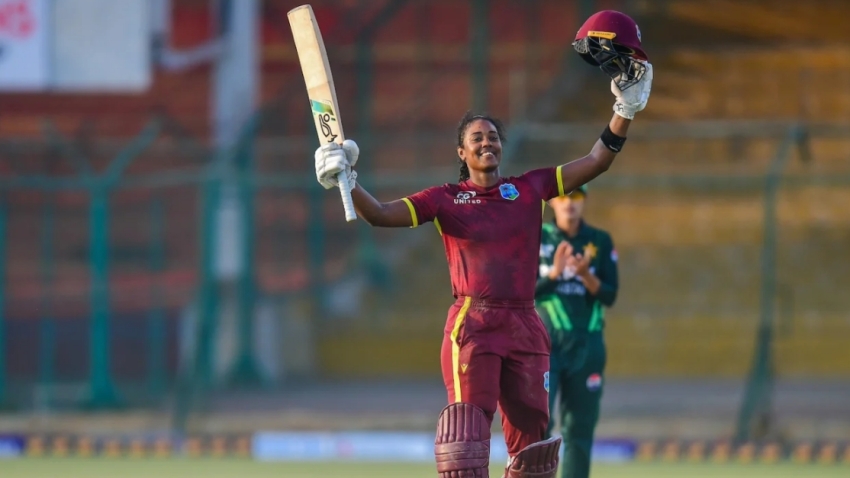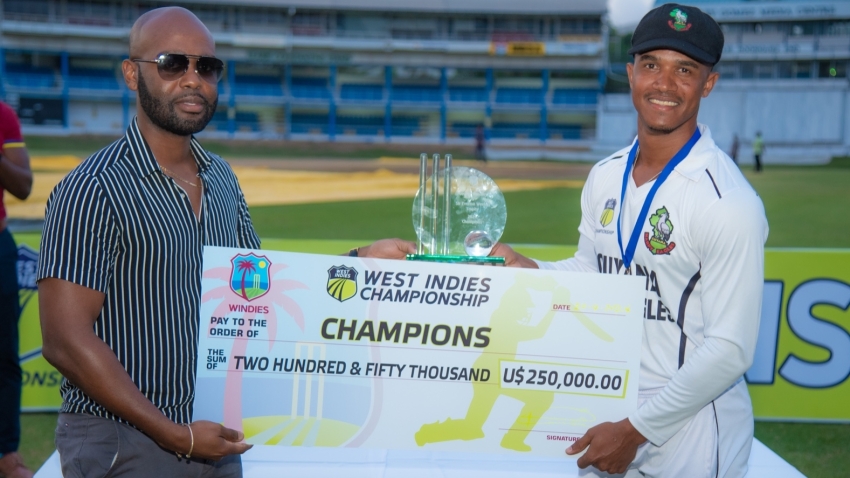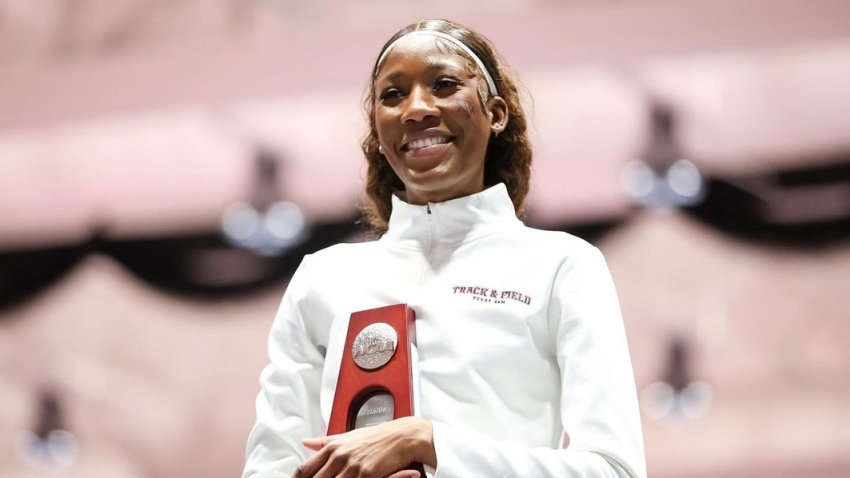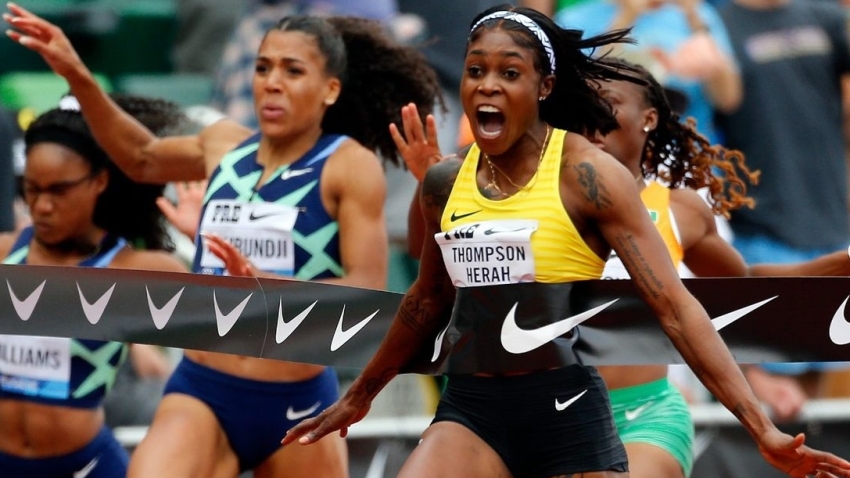The United States are favourites to make home advantage count and regain the Ryder Cup at Whistling Straits this weekend.
An emphatic 17.5-10.5 victory at Le Golf National in September 2018 saw Europe regain the trophy under Thomas Bjorn, as the likes of Francesco Molinari, Tommy Fleetwood, Sergio Garcia and Ian Poulter played starring roles.
Yet while Europe have won six successive home Ryder Cups, their recent record on American soil has been mixed.
We take a look at the last five editions of the event in the USA.
2016 - Hazeltine
Result: United States 17 - 11 Europe
Europe had won three Ryder Cups in a row ahead of the 2016 event, but they were in for a shock at Hazeltine.
Darren Clarke's hopes of masterminding victory suffered a hammer blow on the first morning as the United States, captained by Davis Love III, pulled off a clean sweep of the Friday foursomes.
Rookies Thomas Pieters and Rafael Cabrera-Bello impressed as Europe narrowed their deficit, but the USA regained control in the second fourball session and went on to triumph by a six-point margin, the talismanic Patrick Reed defeating Rory McIlroy in a dramatic opening singles match to set the tone for the hosts.
2012 - Medinah
Result: United States 13.5 - 14.5 Europe
Is it really nine years since the 'Miracle of Medinah'?
In the first Ryder Cup since the death of European icon Seve Ballesteros, the Spaniard's close friend Jose Maria Olazabal oversaw the most remarkable of comebacks to ensure Europe retained the trophy they had claimed at Celtic Manor two years earlier.
The USA were 10-4 up on Saturday afternoon, having won five of the day's first six contests.
However, Europe crucially won the last two fourball contests, with Poulter the architect of an astonishing turnaround in the anchor match.
Poulter and his team-mates then overhauled a four-point deficit in the singles, something that had only happened once before in Ryder Cup history, with Martin Kaymer sinking the winning putt to spark emotional scenes of celebration from the visiting team.
2008 - Valhalla
Result: United States 16.5 - 11.5 Europe
No European golfer in the professional era has claimed more major titles than Nick Faldo's six and the Englishman was also the most prolific points scorer in Ryder Cup history before Garcia moved past his tally of 25 at Le Golf National.
However, Faldo was nowhere near as successful in a miserable stint as Europe's captain, which yielded a heavy defeat to Paul Azinger's United States team at Valhalla.
The infamous 'sandwich-gate' incident - in which Faldo was photographed holding an apparent list of pairings only to then claim, somewhat unfeasibly, it was a list of lunch requests - was not the only gaffe made by the former world number one before the event had even begun.
Europe were then handsomely beaten when the action did get under way, trailing throughout on their way to a 16.5-11.5 loss.
Hunter Mahan was the leading points-scorer for the USA, who prevailed in seven of the 12 Sunday singles contests, but the likes of Anthony Kim, Boo Weekley, Justin Leonard and J.B. Holmes were among others to play starring roles.
2004 - Oakland Hills
Result: United States 9.5 - 18.5 Europe
In contrast to Faldo, the meticulous Bernhard Langer did not put a foot wrong in 2004 as Europe stormed to victory by a record margin at Oakland Hills.
Every member of Langer's team contributed at least a point, with wildcard selections Colin Montgomerie and Luke Donald among those to excel in a stunningly one-sided match.
In contrast, a USA team led by Hal Sutton and featuring three of the world's top 10 failed to deliver, with Chris DiMarco the only player to score more than two points for the hosts.
Montgomerie, in his penultimate Ryder Cup appearance as a player, famously holed the winning putt and went on to say: "That singles win over David Toms, in fact that whole week, rejuvenated me and my career."
1999 - Brookline
Result: United States 14.5 - 13.5 Europe
Prior to Europe's fightback at Medinah in 2012, the only previous instance of a team coming from four points behind in the singles came at Brookline, in distinctly fractious circumstances.
Mark James was Europe's skipper for an event sadly overshadowed by boorish abuse of visiting players by a partisan crowd and raucous scenes on the 17th hole on Sunday.
A mammoth putt from Leonard prompted an invasion of the green from the US team, even though Olazabal still had a putt of his own to come.
Ben Crenshaw's USA ultimately triumphed 14.5-13.5, but the 'Battle of Brookline' would be remembered for the wrong reasons.
In a subsequent autobiography, Sam Torrance - a vice-captain for Europe that week - described the final day of the 1999 event as: "the most disgraceful and disgusting day in the history of professional golf."


